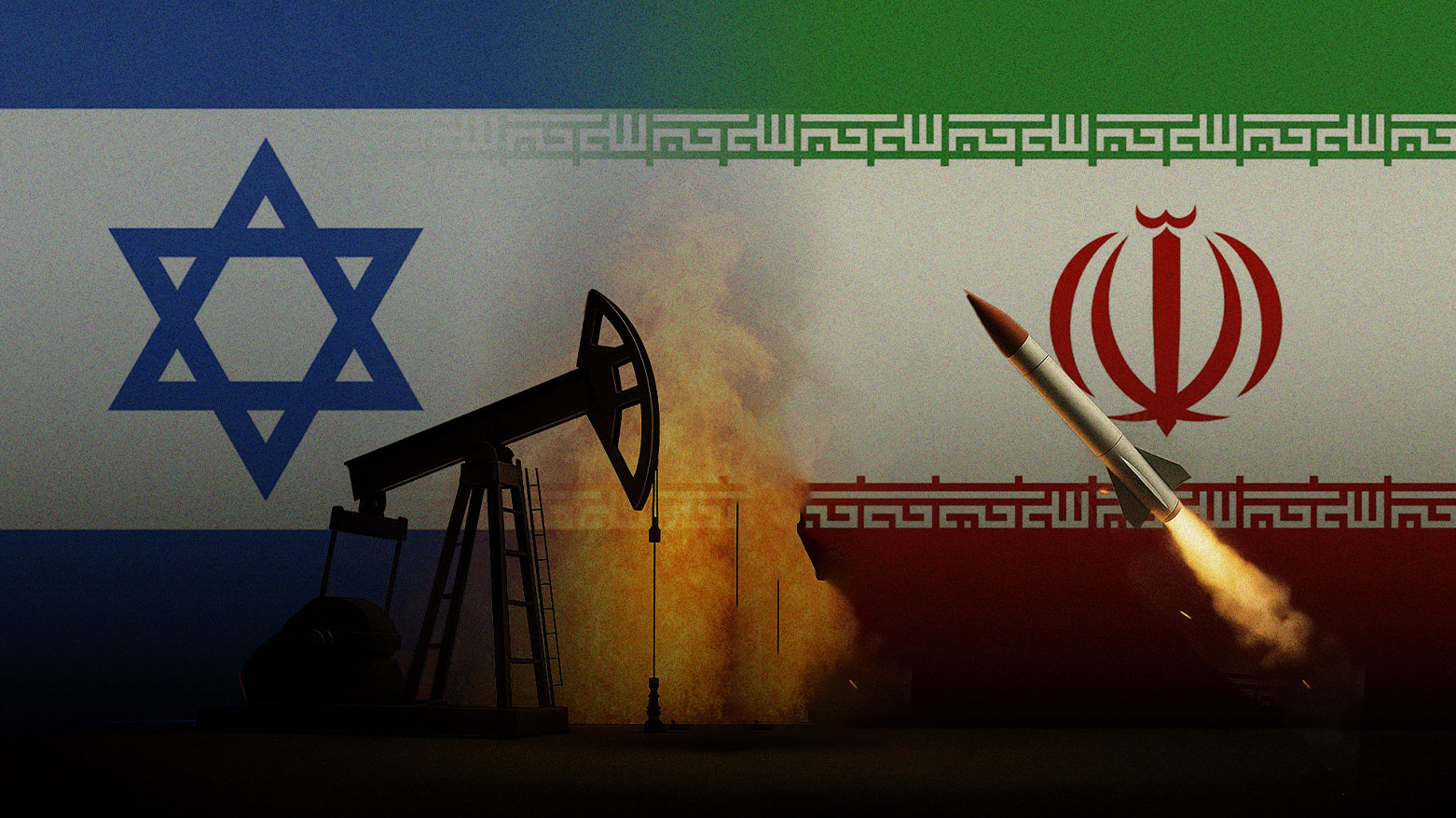After 12-Day War: Iran’s Economy Deteriorates as Israel's Markets Surge
Post-war economic divide: Iran's markets crash (9-day stock plunge, 42% inflation) as Israel thrives (21% market surge, $9.3B tech investment). Sanctions loom for Tehran while shekel strengthens 9%, highlighting stark conflict aftermath contrast.

ERBIL (Kurdistan 24) – The aftermath of the recent 12-day war between Iran and Israel has starkly revealed two opposing economic realities. While Iran sinks deeper into financial crisis, Israel’s economy has registered a notable upswing across key indicators, particularly in its financial and technology sectors.
In the days following the conflict, Iran’s economic situation has sharply deteriorated. The Tehran Stock Exchange continued its downward spiral for a ninth consecutive day, marking one of the worst performances in the past five years. Concurrently, the value of the Iranian rial against the U.S. dollar has seen daily declines, reflecting growing investor anxiety.
According to domestic reports, inflation has surged beyond 42 percent, while unemployment and poverty rates have significantly increased. On the first day after the war ended, Iranian investors began withdrawing capital in masse from the stock market. Meanwhile, the country faces deepening infrastructure failures, including widespread electricity and water shortages that have reached crisis levels for civilians.
Israeli markets gain strength amid ongoing conflict
In contrast, Israel’s economy has shown resilience and even growth, despite being in an extended conflict for nearly two years. Over the past 22 months, Israel has engaged in military operations across five fronts—Gaza, Lebanon, Syria, Yemen, and most recently, Iran—yet the economic momentum has not stalled.
Since the end of the 12-day war, the Israeli stock market has risen by 21.3 percent, with its performance ranked first globally. Over $2.5 billion in foreign investment has flowed into Israel's stock exchange, while the country’s tech sector has attracted $9.3 billion in foreign capital. In total, Israel’s technology exports during this period exceeded $57 billion.
Additionally, insurance companies and financial service firms in Israel reported 68 percent growth, and the Israeli shekel has appreciated by 9 percent against the U.S. dollar.
Beyond market reactions, the economic consequences for Iran may deepen further as international sanctions loom. The reactivation of the ‘snapback’ mechanism and the potential reinstatement of broader international restrictions are currently under consideration, placing additional pressure on Tehran.
As Iran’s economy teeters under compounding crises, the divergence from Israel’s post-war recovery underscores the widening economic gulf between the two adversaries. While one nation struggles with spiraling inflation and investor flight, the other has turned a period of conflict into economic advancement.
